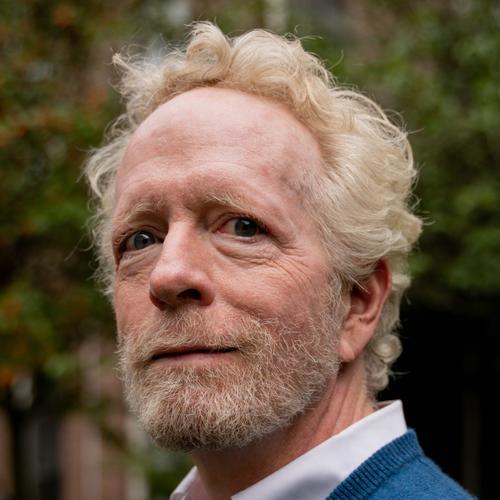Prof. Frank Dobbin
is the Henry Ford II Professor of the Social Sciences and Chair of the Department of Sociology at Harvard University. He earned a B.A. from Oberlin College and a Ph.D. from Stanford University.His 2009 book Inventing Equal Opportunity explores how HR professionals and activists helped define—and continually expand—the legal understanding of workplace discrimination in the United States. His 2022 co-authored book Getting to Diversity: What Works and What Doesn’t, written with Alexandra Kalev, examines the long-term effectiveness of diversity programs across more than 800 companies over three decades. The book identifies which interventions foster diversity, which do not, and how ineffective measures can be improved.Dobbin and Kalev are currently applying similar methods to study university programs aimed at increasing faculty diversity, with a focus on identifying the most effective strategies.He has received fellowships from the Guggenheim Foundation, the Russell Sage Foundation, the Center for Advanced Study in the Behavioral Sciences, the Radcliffe Institute, the Safra Center for Ethics, and the Netherlands Institute for Advanced Study

